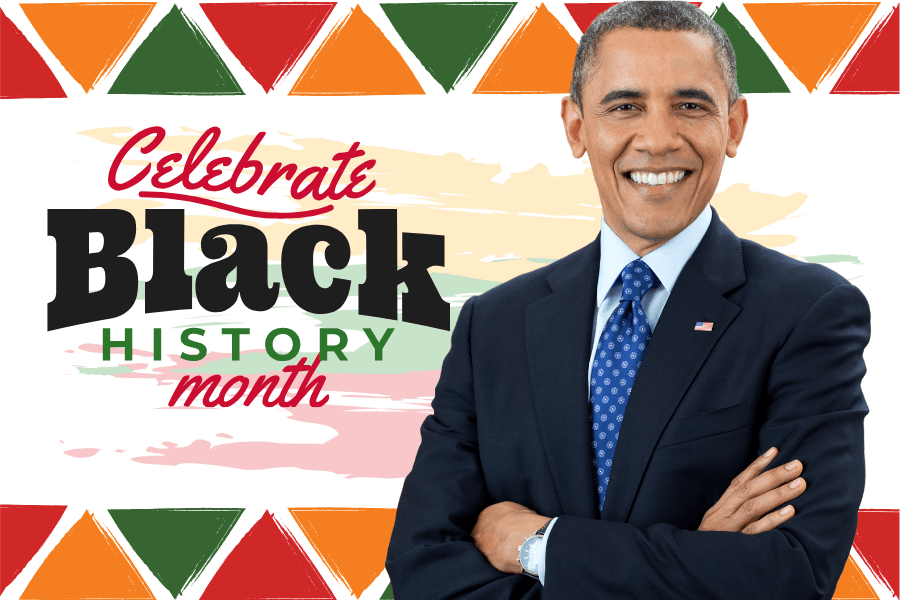
Barack Obama, the 44th President of the United States and the first African American in office, shaped the nation with transformative policies and a vision of hope and change. Elected in 2008 and re-elected in 2012, his legacy includes social justice, economic recovery, and international diplomacy.
Early Life and Rise to the Presidency
Born on August 4, 1961, in Honolulu, Hawaii, Obama was raised in a multicultural environment by his mother and grandparents. He graduated from Columbia University and earned a law degree from Harvard Law School, becoming the first African American president of the Harvard Law Review. His political career began in the Illinois State Senate, leading to his U.S. Senate victory in 2004 after his keynote address at the Democratic National Convention.
Domestic Policy Achievements
The Affordable Care Act
The Affordable Care Act (ACA), or “Obamacare,” was signed in March 2010, aiming to increase healthcare access, reduce costs, and improve quality. It expanded Medicaid and prohibited coverage denial based on pre-existing conditions, significantly impacting public health despite facing opposition.
Economic Recovery and Stimulus
During the Great Recession, Obama implemented the $787 billion American Recovery and Reinvestment Act (ARRA) to stabilize the economy, resulting in job creation and economic growth, with unemployment dropping from 10% to below 5%.
Environmental and Climate Policy
Obama's environmental efforts included the Clean Power Plan to reduce carbon emissions and securing the Paris Agreement in 2015 to combat climate change.
Social Justice and Civil Rights
Notable advancements included the Lilly Ledbetter Fair Pay Act promoting gender pay equity, repealing “Don’t Ask, Don’t Tell” for LGBTQ+ military service, and celebrating the Supreme Court’s 2015 decision legalizing same-sex marriage nationwide.
Foreign Policy and Diplomacy
Restoring America’s Image Abroad
Obama aimed to restore America's global image through diplomacy and multilateralism, including engagement with the Muslim world.
The Iran Nuclear Deal
The Iran Nuclear Deal (JCPOA) aimed to prevent Iran from developing nuclear weapons in exchange for lifting sanctions, highlighting diplomatic efforts to address nuclear proliferation.
Cuban Relations and the End of the Embargo
In 2014, Obama normalized relations with Cuba, reopening the U.S. embassy in Havana and easing travel restrictions to foster greater connection.
Counterterrorism and the Death of Osama bin Laden
In May 2011, U.S. Navy SEALs killed Osama bin Laden in a covert operation, marking a significant moment in counterterrorism.
Post-Presidency and Continuing Influence
Since leaving office, President Obama has remained influential through the Obama Foundation, promoting leadership, civic engagement, and addressing issues like climate change, voting rights, and racial justice. His memoir, “A Promised Land,” reflects on his presidency's challenges and triumphs.
Conclusion
Barack Obama’s presidency left a profound impact through healthcare reform, economic recovery, civil rights advancements, and environmental policy. His dedication to diplomacy and ongoing efforts ensure his legacy continues to inspire hope and progress for future generations.
https://worldhistoryedu.com/barack-obama-accomplishments/
https://celebnowthen.com/what-is-barack-obama-doing-now-in-2023/

